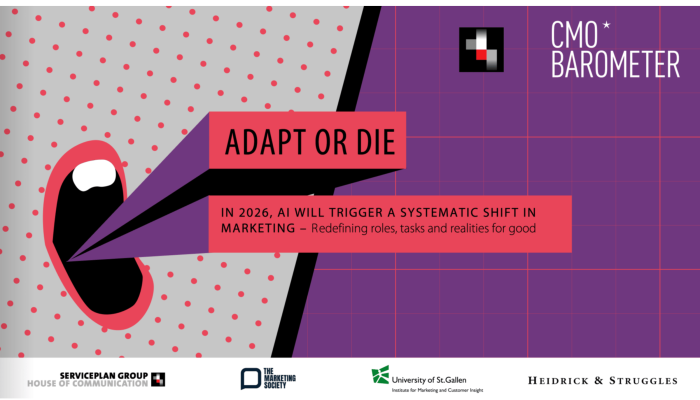Although it is commonly assumed that faster-than-sound passenger travel died with the Concorde, this isn’t quite true: it overlooks the Caledonian Sleeper. With a few whiskies inside you, this is as close as you can get to teleportation. Yes, according to the timetable it takes about eight and a half hours between Perth and London, but as you are asleep for eight of them, this makes for a supersonic speed of 900 miles per conscious hour.
Quite simply, if you are asleep, or otherwise productively or pleasurably engaged, travel time isn’t all that important. And, if you accept this principle, it becomes clear that Google and Elon Musk have completely missed an opportunity to really innovate with their early ideas for self-driving cars.
The idea behind the driverless car is that, instead of driving, people will be able to read, write, watch films and otherwise amuse themselves on journeys. The only problem with this idea is that, outside the US at any rate, it is already possible to do this with a pre-existing technology: it’s called a train. Admittedly there is a driver on the train, but with his wages divided between all the passengers, he does not really cost very much.
No, Google and Tesla need to think bigger.
All that’s required is to raise the height of their vehicles, then to add frosted glass, a shaving mirror and a few basic plumbing fitments. Now, with a Google Driverless Toilet and Shower (or The Grohe-Armitage-Shanks Model S) everybody is now 30 minutes closer to their place of work. We could simply stagger straight from our beds into our car in our pajamas and then emerge 30 minutes later, fully dressed and perfectly groomed, at the office. Car manufacturers are already wise to the practice of in-journey toiletry - which is why the passenger’s sun-visor contains a lighted make-up mirror. All we need do is take this insight to its logical conclusion.
Yes, there may be safety considerations. For now the driverless toilet and shower must remain a thought experiment. But if you believe as I do that the single most important thing for government to do would be to disrupt the property market, thereby reversing some of the monstrous intergenerational and regional iniquities it has created, we need to have some more experimentation. Part of the solution will involve building more homes, but this will only work if people are eager to move further afield to inhabit them.
So one area of enquiry would be to ask why videoconferencing has failed to take off. Many homes now have the broadband speeds, but there is no easy way to videoconference via your television. Why not?
Would young people be happy to live further out if trains ran until 2am instead of midnight? What would happen to the London property market if the financial sector did not all start work so stupidly early in the morning? Why doesn’t HS2 create a new town between London and Birmingham? How much reluctance to move is created by bad publicity around commuter rail (which isn’t all that bad)? What would happen if you forced rail companies to offer off-peak and part-time season tickets? What if new-build houses were sold with seven-years of free commuting?
The truth is that the property market is no longer a market in any conventional sense. High prices are more a product of ease of borrowing than actual scarcity. And property has become a strange mixture of a Veblen Good and a Giffen Good, where rising prices drive demand up. At a guess, I would say there are half a million people in London who would like to move out - were it not for the fear that, once out, they could never afford to move back.
This article was originallty posted in The Spectator


